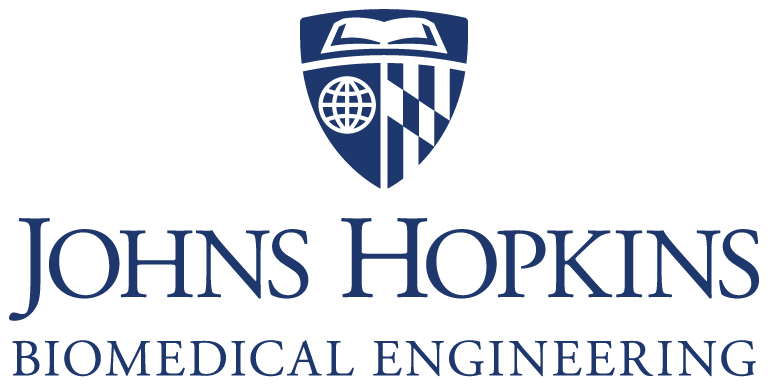




Johns Hopkins University
The Johns Hopkins Department of Biomedical Engineering is home to the nation’s first and top-ranked training program in the field, setting the bar for BME research and education for more than 60 years. Our unique position within the Johns Hopkins schools of Engineering and Medicine fosters close collaborations between leading engineers, physicians, and industry partners, providing the pathways needed to translate research advances to clinical use. Our pioneering students and faculty are developing the technologies that diagnose and treat disease, transforming the practice of medicine and improving human health on a global scale. Together, we are Engineering the Future of Medicine.
Our undergraduate and graduate programs are consistently ranked top in the nation. In addition to our renowned PhD program, we offer a range of master’s programs—including full-time, part-time, online, and healthcare design-based options—to help students meet their individual goals. Our recently redesigned, interdisciplinary BME 2.0 curriculum provides students with solid footing in the quantitative and life sciences, from physics and biology to mathematics, data science, and more. Working alongside leading Johns Hopkins physicians and scientists, all BME students are engaged in solving real-world problems in clinical or research settings from day one. Through project-based courses, research, design, and translation, our students specialize in one of seven modern BME disciplines: biomedical data science, imaging & medical devices, computational medicine, genomics & systems biology, immunoengineering, neuroengineering, and translational cell & tissue engineering. This specialized expertise, combined with a broad interdisciplinary foundation, prepares our students for successful careers in academia, medicine, industry, and more.
3400 N. Charles Street
Wyman Park Bldg, Suite 400W
Baltimore, MD 21218
